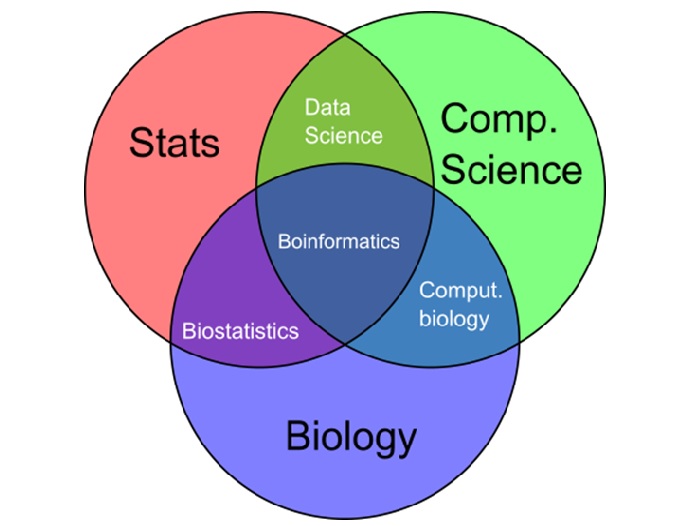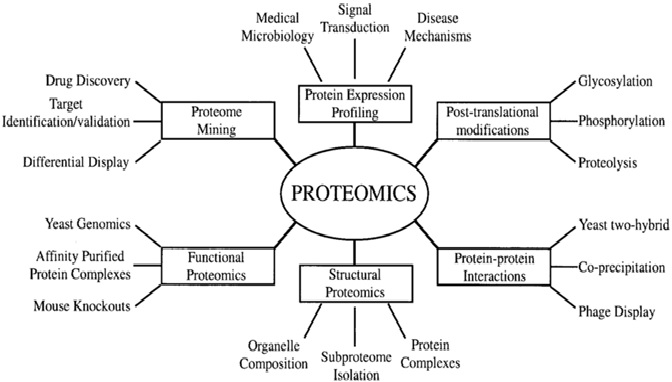Digital Health
Digital health refers to the use of digital technologies, such as mobile devices, wearables, health apps, and telehealth, to improve healthcare delivery, patient outcomes, and public health. Digital health solutions can help to increase access to healthcare services, reduce costs, and enhance patient engagement and empowerment.
The pandemic accelerated the recognition that many healthcare related activities could be digitised, driving the convergence of several trends in the healthcare industry – notable shifts include consumers prioritising convenience and access to care. Simultaneously we are seeing companies strategizing and rethinking their digital planning to fundamentally transform their relationship with consumers as well as businesses. Previously, there was a lot of hype around digital prototypes and now we are seeing investments into advanced analytics at scale to anticipate events before they happen.[1]

Figure .1 Digital health
Figure 1 shows the health care market has focused in recent months on how to navigate a post-COVID-19 world. During the pandemic, digital health options led to great opportunities for physicians to reach patients through telemedicine and remote monitoring, and paved the way for new approaches to providing better care. Unsurprisingly, investments flowed into digital health care as the pandemic spread. They began to slow in the second half of 2022, however, as investors’ focus gradually shifted from exciting new ideas to demonstrated outcomes and evidence, with startups being asked to show value and a business model out of the gate. Even as the flow of investment into startups decelerated, several non-traditional players made significant moves into the health care market in 2022 (as we anticipated), partnering with traditional players in an effort to create new channels and markets and to advance the new hybrid health care environment.[2]
Some of the current trends in digital health include:
- Telehealth:The use of digital technologies to provide remote healthcare services, including virtual consultations, remote monitoring, and telemedicine.
- Wearables and sensors The use of wearable devices and sensors to track and monitor health metrics, such as heart rate, blood pressure, and activity levels, providing patients with real-time feedback on their health status.
- Health apps:The development of mobile apps that can help patients to manage their health and wellness, including apps for medication management, fitness tracking, and mental health support.
- Artificial intelligence:The use of machine learning algorithms to analyse large datasets and identify patterns and trends, improving diagnosis, and treatment planning.
- Blockchain:The use of blockchain technology to store and share patient health data, improving data privacy and interoperability securely and transparently.
- Personalized medicine:The use of digital health tools to deliver more personalized and targeted healthcare services, including the development of precision medicine and genomic medicine.
Digital health has the potential to transform healthcare delivery and improve patient outcomes. However, there are also challenges associated with digital health, including the need for data privacy and security, the potential for healthcare disparities, and the need for regulatory frameworks to ensure the safe and effective use of digital health technologies.
References:
- https://insights.omnia-health.com/technology/top-transformational-digital-health-trends-track-2023
- https://www.bcg.com/publications/2023/driving-the-future-of-digital-health
Cite this article:
Janani R (2023),Digital health, AnaTechMaz, pp.126















